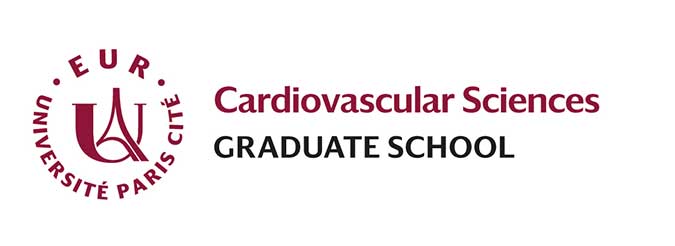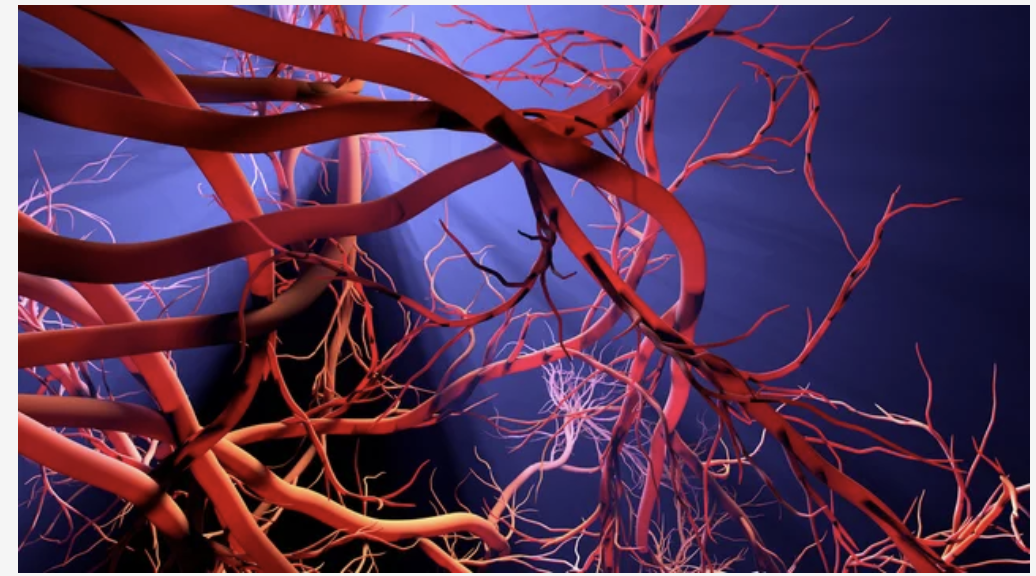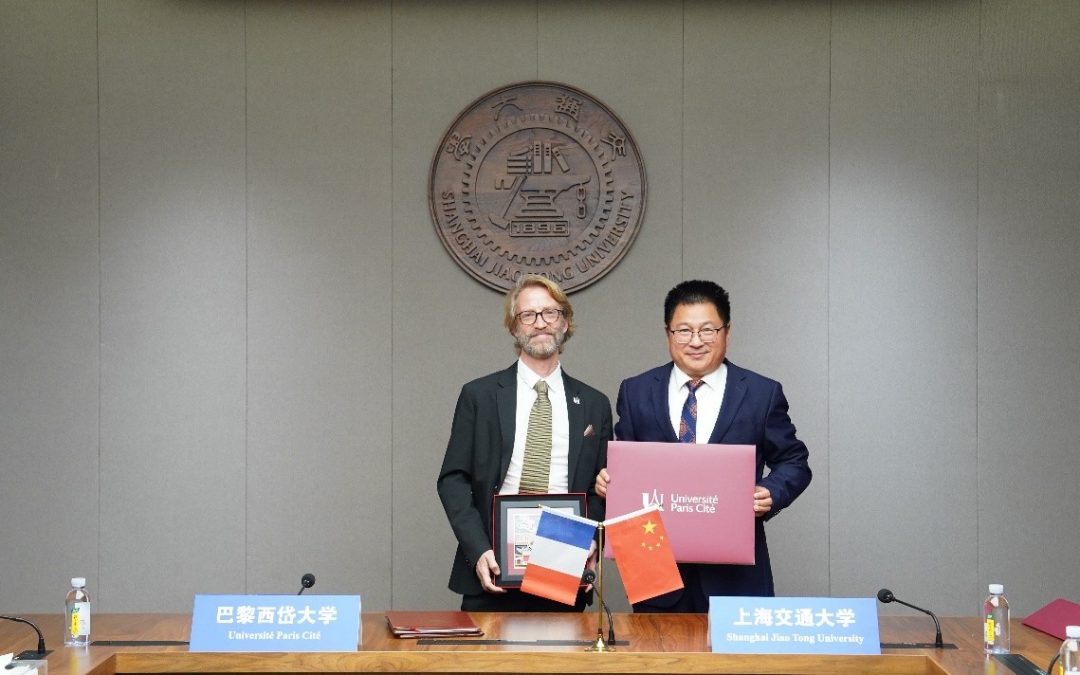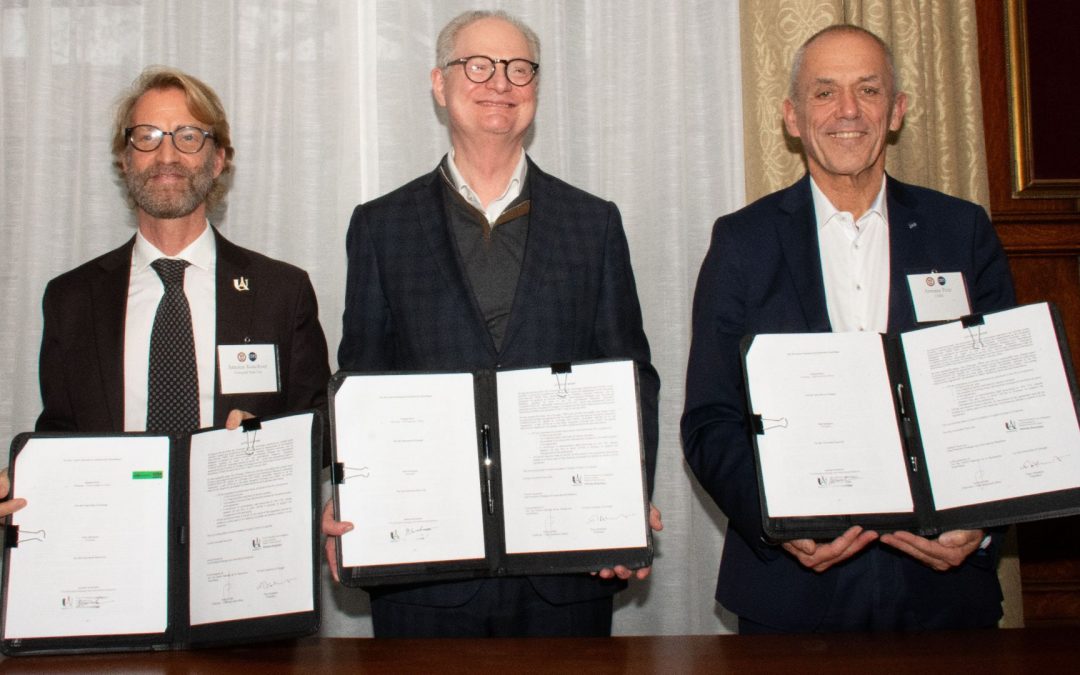Cardiovascular Sciences
The Graduate School of Cardiovascular Sciences offers multidisciplinary training for and through cardiovascular research and integrates all levels of research: from the fundamental approach to the last clinical development in the cardiovascular field.


Presentation
The Graduate School of Cardiovascular Sciences provides students with knowledge on cellular and molecular mechanisms of: platelets, coagulation, vascular and cardiac physiology. During the training, pathological concepts and innovative approaches to therapy, prognosis and diagnosis targeting the heart, vessels and blood are also covered.
Thanks to its training and close link with the world of research, the Graduate School of Cardiovascular Sciences favours integration within academic laboratories or internationally renowned companies in the cardiovascular field.
Ambition
The ambition of the Graduate School of Cardiovascular Sciences is to train the future leaders of the academic and industrial cardiovascular research, by promoting the best teaching and training programmes for the next generations of students. To this end, Cardiovascular Sciences has created a complementary and expanded educational curriculum, supported by the latest and most innovative approaches to basic and applied research in the cardiovascular discipline.
Objective
- To understand elements of platelet physiology, primary haemostasis, coagulation physiology, fibrinolysis and notions on the main haemorrhagic pathologies.
- To acquire knowledge on the cellular and molecular mechanisms of vascular physiology and introduction to the main vascular pathologies.
- To approach the concepts of epidemiology and genetics of cardiovascular pathologies.
- To discover innovative approaches to therapies, prognosis and diagnostics targeting heart, vessels and blood.
- To train young scientists and physicians in laboratory research, project development, and scientific writing.
- To enlighten students on the fundamental principles of ethics in science.
- To offer a multidisciplinary training that integrates all levels of research: from the fundamental approach to the latest clinical development in the cardiovascular field.
- To facilitate integration into internationally renowned laboratories in the cardiovascular field.
- To promote personalised support and facilitate integration into the professional world.
Contact
Dr Giuseppina CALIGIURI
giuseppina.caligiuri@inserm.fr
Dr Jean-Sébastien SILVESTRE
jean-sebastien.silvestre@inserm.fr
Masters
The Graduate School of Cardiovascular Sciences is aimed at students in science, medicine or pharmacy directly or indirectly interested in the cardiovascular discipline. As most of the courses are taught in French, an advanced command of written and spoken French is strongly recommended.
Master 1 trainings:
Master 2 courses:
- B2PRS – Biology, physiology and pharmacology of respiration and sleep
- Biocoeur – Biology, physiopathology, pharmacology of the heart and circulation
- BioVie – Biology of aging
- BiVATH – Vascular biology atherosclerosis thrombosis and haemostasis
- ESI – Red cell epithelium: interface structure
- GRBioT – Red blood cells and transfusion biology
- NuMési – Nutrition, energy metabolism, signalling
- ReproDev – Reproduction and development
Research
Cardiovascular research at Université Paris Cité is one of the most active at the national and international level. The research teams are already structured within the Institute of Cardiovascular Sciences created in September 2021. The Institute of Cardiovascular Sciences gathers more than 30 research teams within Université Paris Cité, most of which are affiliated with INSERM and/or CNRS.
The excellence of the main research teams is attested by their funding instruments of excellence such as ATIP-Avenir, FHU/RHU, ERC STG/COG/ADG, Horizon H2020. The Graduate School of Cardiovascular Sciences relies on a large number of basic and clinical researchers covering a full spectrum of specialities involved in cardiovascular sciences.
Three innovative, multidisciplinary research themes are developed:
- Deciphering genetic, molecular and cellular dialogues: the objective is to address the molecular and cellular mechanisms and genetic determinants involved in the development, physiology and pathology of the cardiovascular system.
- Diagnosis and prediction: the objective is to use epidemiological and genetic approaches, the identification of biomarkers and functional exploration to refine the diagnosis and prognosis of patients in order to improve the effectiveness of therapies and the management of cardiovascular patients.
- Visualise, repair and treat: the objective is to develop innovative cellular/acellular and pharmacological therapeutic approaches, whether or not combined with medical devices, to improve the management of patients and to refine the imaging approaches of the cardiovascular system.
Executives
- Dr Giuseppina CALIGIURI
LVTS – Université Paris Cité - Dr Jean-Sébastien SILVESTRE
PARCC – Université Paris Cité
À lire aussi

Université Paris Cité awarded the “Bienvenue en France” Label
On 11th December 2025, Campus France awarded Université Paris Cité the “Bienvenue en France” Label, Level 2, recognising the university’s commitment to offering a high-quality welcome for international students. The "Bienvenue en France" Label Granted for a period of...

Université Paris Cité strengthens its cooperation with Shanghai Jiao Tong University
Université Paris Cité and Shanghai Jiao Tong University (SJTU) sign a new cooperation agreement and a mobility agreement aimed at expanding a long-standing partnership, initially focused on medicine, to all academic disciplines.Antoine Kouchner, vice president of...

UPCité, UChicago, and CNRS create two international laboratories
On November 19, 2025, Université Paris Cité, the University of Chicago, and CNRS officially announced the creation of two international research laboratories (IRLs): HumanitiesPlus and Particle Physics and Cosmology.Antoine Kouchner, vice president of International...
![[Cardiovascular Sciences] “Open UE”: looking back on an interdisciplinary adventure!](https://u-pariscite.fr/wp-content/uploads/2025/12/Sans-titre-1920-x-1080-px58-1080x675.jpg)
[Cardiovascular Sciences] “Open UE”: looking back on an interdisciplinary adventure!
The “open UE”, launched by the Graduate School Cardiovascular Sciences, brought together researchers, clinicians, and experts from diverse fields for a week to explore major issues in biomedical and translational research. Open to all students across the 29 Graduate Schools of Université Paris Cité, it offered a unique space for learning and interdisciplinary exchange.
